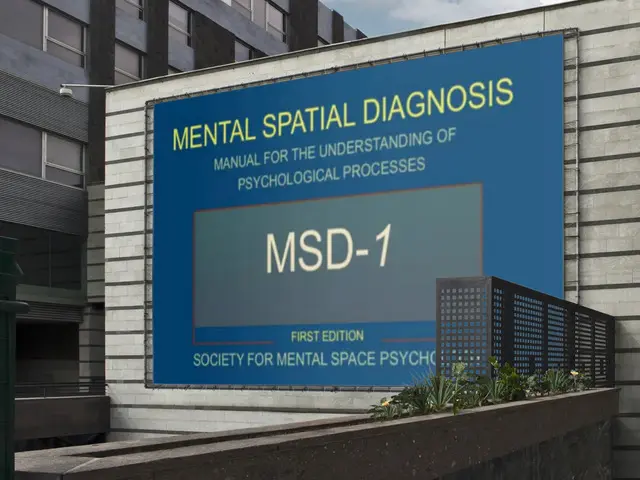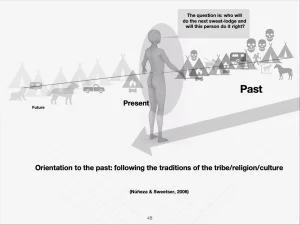
A very interesting lecture for doctors, general practitioners, lifestyle physicians, psychiatrists, psychotherapists, mental health psychologists, hypnotherapists, coaches and anyone else interested in this clear and efficient way of diagnosing.
When: September 5, 19.30 Amsterdam time.
Plan it in your calendar because there will be no replay and recordings are not allowed.
Converting Amsterdam time to your time zone? Then click here.
 In regulated mental health care, clinical psychologists, psychiatrists, and other psychotherapists are obliged to first diagnose their patients, in order to get paid for their work. It seems logical that you need to know what is wrong with a client before you can treat them. Yes, logical it is… but is it useful and helpful, and does the accepted tool for diagnosing, the DSM-5 (TA), more than fulfilling the bureaucratic requirements?
In regulated mental health care, clinical psychologists, psychiatrists, and other psychotherapists are obliged to first diagnose their patients, in order to get paid for their work. It seems logical that you need to know what is wrong with a client before you can treat them. Yes, logical it is… but is it useful and helpful, and does the accepted tool for diagnosing, the DSM-5 (TA), more than fulfilling the bureaucratic requirements?
Here many mental health professionals have their doubt. They do not like this book of 900 pages with its 350 mental disorders. There is a lot of criticism.
However, given the rules and ethics that apply to mental health care, is there an alternative for DSM-5 diagnosis?
Mental Spatial Diagnosis is the beginning of an alternative way of understanding psychological issues. It has its own logic, and it provides a far closer link between diagnosis and treatment than anything else. It foremost gives insight in how mental issues function and why they are problematic for the person. Mental Spatial Diagnosis is also built on a concept of what is healthy and unproblematic.
 For those mental health professionals who want to take a look behind the all accepted way of categorizing and naming psychological diseases, here is the chance to learn something new. The Society for Mental Space Psychology will organize a 1-hour webinar, presented by one of the originators of Mental Spatial Diagnosis. Lucas A.C. Derks PhD will open this subject matter in a compact way for you.
For those mental health professionals who want to take a look behind the all accepted way of categorizing and naming psychological diseases, here is the chance to learn something new. The Society for Mental Space Psychology will organize a 1-hour webinar, presented by one of the originators of Mental Spatial Diagnosis. Lucas A.C. Derks PhD will open this subject matter in a compact way for you.
The questions that will be central in this webinar are: how can mental disorders and mental fitness be understood as subjective 3-dimensional constructions in the space around the person; in the space wherethey experience their emotions, cognitions, and memory?
And how do you, as a practicing therapist, technically get access to this information?
The last day to register for this lecture is Monday, September 2, 2024.
you're currently offline